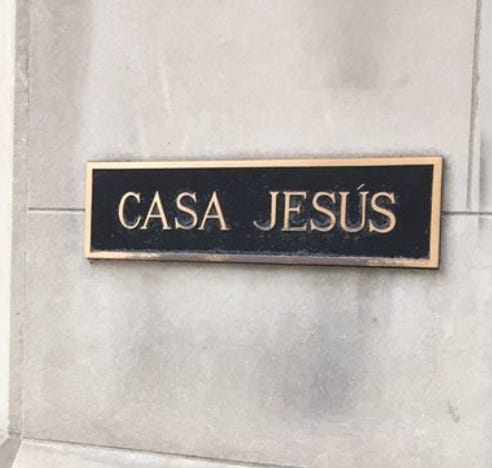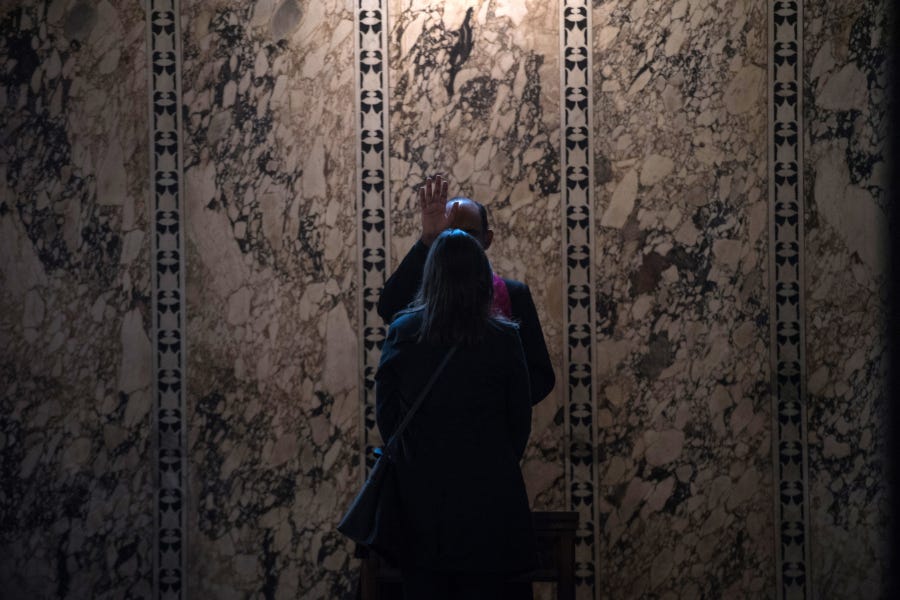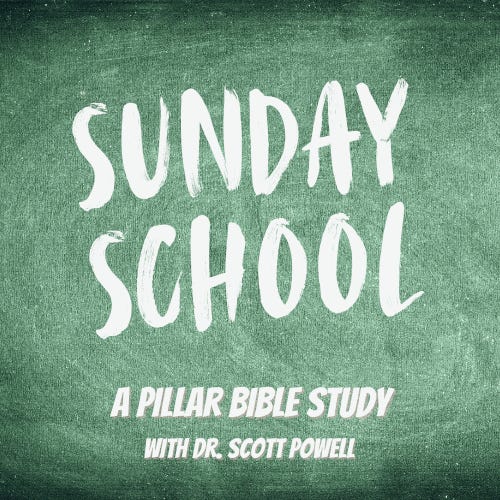The former director of the Vatican’s Financial Information Authority told judges that the agency had no authority to review the financial dealings of the Secretariat of State Wednesday.
Tommaso Di Ruzza, who helped lead the AIF (later renamed the Supervisory and Financial Information Authority) until 2019, appeared before the Vatican City court on April 27 to answer questions about the secretariat’s 2018 London property deal, which triggered a two-year criminal investigation leading to the trial.
He told the judges Wednesday that he was aware of the transaction, which saw the Secretariat of State pay a total of 350 million euros for the building at 60 Sloane Ave., which was eventually sold at a loss of more than 100 million.
But, he said, the AIF did not have oversight of the Secretariat of State and he was not aware of the payments to the Vatican’s broker, Gianluigi Torzi - who is accused of extorting the money from the secretariat - until after the deal was signed at the end of 2018.
By March 2019, Di Ruzza told the court, the AIF had begun its own investigation into the deal, and officials were in communication with financial authorities in several other countries.
But, he said, it was clear to him that senior Vatican figures, including sostituto Archbishop Edgar Peña Parra, Secretary of State Cardinal Pietro Parolin, and Pope Francis, were determined to acquire direct ownership of the building and end Torzi’s effective control of the property through his holding company Gutt SA.
Di Ruzza’s answers to the judges were often in line with those of former AIF president René Brülhart, who appeared in court earlier this month and who also stressed that the AIF’s authority did not extend to the secretariat’s affairs.
Like Brülhart, Di Ruzza faces charges of abuse of office in the trial. When indictments were filed against 10 individuals in July last year, the former AIF director was also accused of embezzlement, but that charge was dropped earlier this year, after prosecutors agreed to reopen their investigation into several of the defendants.
Both Di Ruzza and Brülhart maintain that they violated no laws and scrupulously observed the obligations of their offices.
In October 2019, Vatican law enforcement raided AIF offices, along with those of the Secretariat of State, seizing financial records, documents and computers. Following those raids, Di Ruzza was placed on leave for several months, before the Vatican later confirmed he had left his position permanently.
The charges of abuse of office facing both Di Ruzza and Brülhart relate to their failure to intervene in the deal, which has seen multiple Vatican officials and investment advisors charged with money laundering, embezzlement, and other financial crimes.
Di Ruzza said that the deal itself, originating in the Secretariat of State, was beyond his agency’s purview.
The AIF, which works in cooperation with Moneyval, the European Commission’s anti-money laundering watchdog, originally had oversight of the Vatican’s two dedicated financial institutions, the IOR, which functions as a deposit and lending bank, and APSA, the Holy See’s sovereign wealth manager.
Following the recommendations of Moneyval’s 2012 inspection of the Vatican, APSA agreed to stop performing certain commercial activities, like granting loans for for-profit ventures. As a result of that undertaking, in 2015 APSA was exempted from the oversight of both Moneyval and the AIF, even though it continued to finance commercial ventures for the Secretariat of State.
Since then, the AIF has been solely responsible for overseeing the IOR.
The bank’s leadership repeatedly pushed back on the loan application, calling the terms of the proposal “opaque.” When the AIF did not intervene, the IOR’s leadership eventually went directly to Vatican prosecutors who obtained search warrants and authorization to investigate the deal directly from Pope Francis.
When pressed in court on Wednesday about why he did not flag the loan application as concerning, Di Ruzza responded: “Who should I have denounced, the sostituto?
The former agency director also told the judges that the London deal did not appear to offer any grounds to investigate under the AIF’s primary remit to combat “money-laundering or terror financing.”
While praising efforts to eliminate the risk of money laundering and terrorist financing by external actors through Vatican institutions, Moneyval found that “[Vatican] authorities have advised that they consider the risk of abuse of office for personal or other benefits presented by insiders and related money laundering to be low.”
“However, the assessment team disagrees with this conclusion and is of the view that risks presented by insiders are important,” and specifically highlighted the “potential abuse of the Holy See/Vatican City State system by mid-level and senior figures (insiders).”
The trial is set to resume May 5, when Cardinal Angelo Becciu will return to court for the first time since Pope Francis waived the application of state secrecy to the cardinal’s work, clearing the way for judges to question him on a range of allegations concerning possible financial misconduct.



